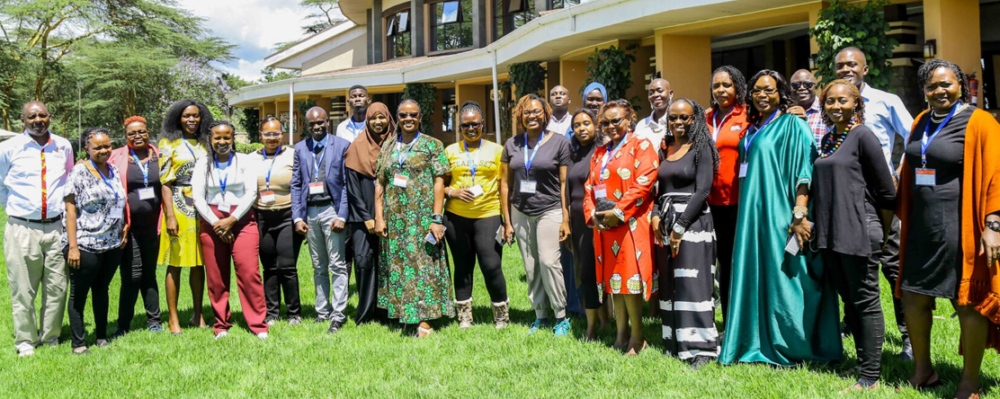
In the News
Setting the Table for Better Food Policy
-
Focus Areas
Chronic Disease Prevention, Healthy Communities -
Issues
Nutrition & Food Security -
Programs
Roots of Change
Consider the turkey sandwich. There are worse places to start if you’d like to make a difference.
From its factory-farmed protein to its industrially processed soybean-oil mayo, let’s face it: You can do better. Not to mention that leftover chemical-laced boxed stuffing now being nuked as a side dish. Or that sugary soda that’s washing it down.
For most Americans, whether something healthier, more socially responsible or even tastier could be on the menu typically isn’t subject to much thought. The market is what it is, thanks to economics and this country’s food policy, or dearth of one.
But that doesn’t mean change can’t begin at the state and local level. As the state’s plastic bag ban has shown, bottom-up ideas also can make a difference. Bit by bit, California is already laying the groundwork to bring more choice to more tables.
Thanks to legislation already passed here, backyard veggie gardens can no longer be outlawed by homeowners’ associations, CalFresh recipients will have an easier time holding onto their food stamps if they’re in college, bees can hang out in state wildlife areas (the better to make honey) and the California Department of Food and Agriculture now has an official Farm to Fork Office.
A 2008 voter initiative that takes effect in January will require egg producers to meet more humane standards for laying hens. And, of course, sweetened soda – a prime suspect in the epidemics of obesity and Type 2 diabetes – will be less attractive to some consumers, thanks to Berkeley’s recently passed soda tax.
The California Food Policy Council, a new statewide coalition of chefs, farmers, community organizers, health policy people and environmentalists, is now tracking votes and state legislation.
“It’s hard to change things at the federal level, so we’re trying to start with the state,” says Michael Dimock, a member of the council’s executive committee and president of the Bay Area-based advocacy group Roots of Change.
According to a report the council released earlier this month, the new group will be following issues from genetically modified food labeling to carbon sequestering to diabetes.
It’s an ambitious grab bag of an agenda, and not all of it sounds appetizing. (More veggies for food stamp recipients? Yes, please. Carbon farming? Intriguing. GMO labeling? We’re not convinced.)
But in this, the season of prime leftovers, we salute them. Given California’s abundance of both farms and foodies, this seems a good a place as any to start considering food at a policy level.
Small changes, properly cultivated, have a way of growing into big ones. Dig in.
Originally published by The Sacramento Bee
More Updates
Work With Us
You change the world. We do the rest. Explore fiscal sponsorship at PHI.
Support Us
Together, we can accelerate our response to public health’s most critical issues.
Find Employment
Begin your career at the Public Health Institute.



